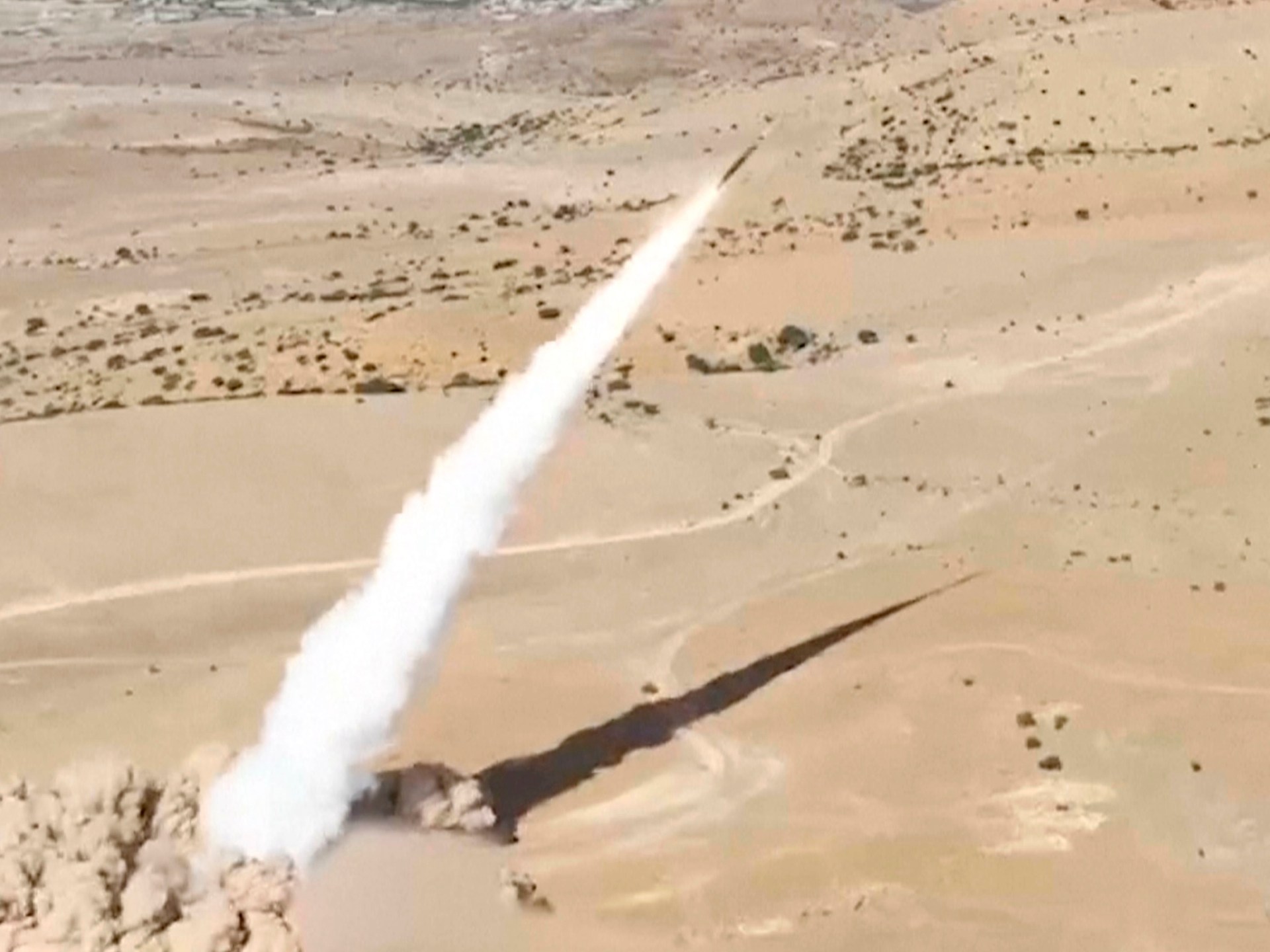Houthi Militia Targets Israel with Ballistic Missile, Escalating Regional Tensions
In a significant escalation of hostilities in the Middle East, the Houthi militia in Yemen has launched a ballistic missile aimed at Israel. The missile was reportedly intercepted by Israeli defense systems, averting potential disaster. This incident, which occurred on recently, marks a troubling development in a region already rife with conflict and instability.
The Houthis, a group backed by Iran, have increasingly demonstrated their military capabilities in recent months, raising alarms among regional powers. Their missile launch towards Israel is seen as a direct threat amid ongoing tensions surrounding the Israel-Palestine conflict and the broader geopolitical landscape involving Iran, Saudi Arabia, and the United States. This incident follows a recent development where a Houthi missile disintegrated over Saudi Arabia, underscoring the militia"s reach but also the potential for miscalculations that could lead to wider conflict.
Reports indicate that the missile was launched from Yemeni territory, reflecting the Houthis" growing ability to project power beyond their immediate borders. While Israeli officials have not disclosed specific details about the interception, they confirmed that their defense systems successfully neutralized the threat. The Israeli military has been on high alert due to ongoing tensions with Iranian-backed groups in the region, further complicating an already volatile situation. “While we are prepared for such threats, the frequency and audacity of these attacks are concerning,” stated an Israeli defense spokesperson.

Image for Houthi Militia Targets Israel with Ballistic Missile, Escalating Regional Tensions
This missile launch is indicative of a broader trend where non-state actors are increasingly capable of engaging in asymmetric warfare against established nation-states. Experts suggest that the Houthis" actions could be a signal of Iran"s commitment to supporting its proxies in the region, potentially as a means of diverting attention from its own challenges and asserting influence in the ongoing power struggle. The historical context of Iranian involvement in Yemen, coupled with the Houthis" alignment with Tehran, raises questions about the future of regional stability. As previously reported, similar situations have unfolded where local conflicts spill over into wider regional confrontations, creating a precarious balance of power.
The implications of this missile launch are profound. It not only heightens the risk of military confrontation between Iran and Israel but also complicates diplomatic efforts to stabilize the region. The international community will be closely monitoring the situation, as any retaliatory measures could lead to significant escalation. The Houthis may perceive the missile launch as a demonstration of strength, but it could also provoke a swift response from Israel, further entrenching the cycle of violence. Regional players like Saudi Arabia and the United States are likely to reassess their security strategies in light of this incident, especially as they navigate the dual challenges of Iranian aggression and the ongoing humanitarian crisis in Yemen.
Looking ahead, the trajectory of these tensions remains uncertain. The Houthi missile launch serves as a stark reminder of the fragile state of peace in the Middle East. As diplomatic efforts continue to wrestle with the complexities of the region, the potential for further conflict looms large. Observers are calling for renewed dialogue and engagement to address the underlying issues driving these hostilities, particularly as the humanitarian situation in Yemen deteriorates. The international community must act decisively to prevent further escalation and to seek pathways toward peace.


![[Video] Heavy clashes and gunfire reported in Baghdad, Iraq](/_next/image?url=%2Fapi%2Fimage%2Fthumbnails%2Fthumbnail-1768342239932-848qsh-thumbnail.jpg&w=3840&q=75)




![[Video] Gunfire between Iraqi security forces and Sadr militias in Baghdad](/_next/image?url=%2Fapi%2Fimage%2Fthumbnails%2Fthumbnail-1768343508874-4redb-thumbnail.jpg&w=3840&q=75)
